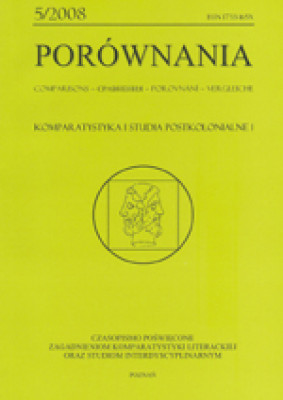An Outline of the Paradigmatic Method in Comparative Research (II)
My intention is to show the potential of the paradigmatic-mythical comparative method on the examples of the literary works of the earlier periods, such as the Spanish or French (with a fundamental ideological difference underlying the distance of origin) 17th century (I am thinking here of Tirso de Molina’s works and Molier’s Don Juan), as well as on the 20th century works (e.g. by Gombrowicz or Beckett). The essential difference between these groups of works (and periods of time) is that the first speaks of the functioning of myths and paradigms in the outer world, whereas the latter focuses on the inner world. Nevertheless, a closer look even at the first group of works (which I intend to do in this part of the article), allows us to see fundamental differences between them. Tirso de Molina’s Don Juan is the one who uses myths and paradigms in an instrumental manner, for his own amusement; whereas Molier’s Don Juan seems to be an instrument of an equivocal myth of Nature, similarly to Sganarel being an instrument of an equivocal myth of God.
ISSN: 1733-165X
